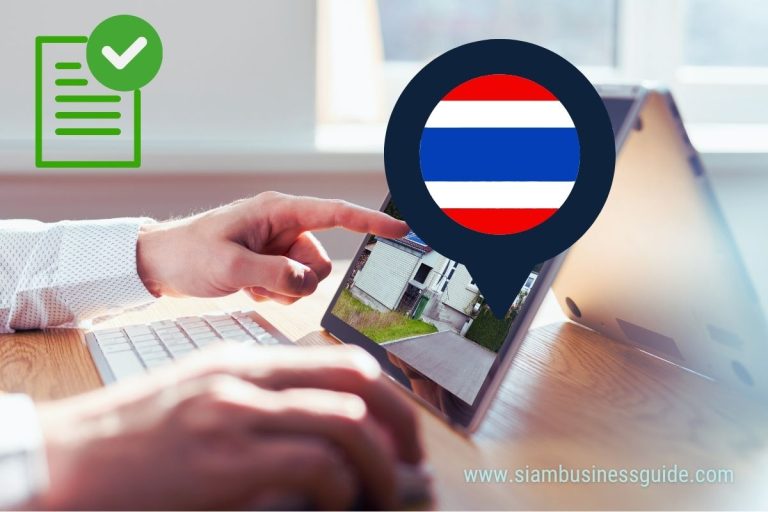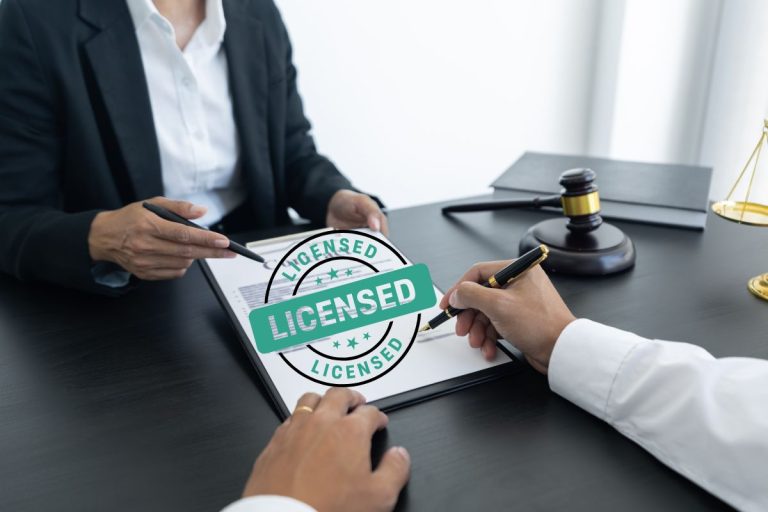Complete Guide to VAT Registration in Thailand (2025)
Value Added Tax (VAT) is a crucial component of Thailand’s tax system, affecting both local and foreign businesses. Whether you’re setting up a new enterprise or expanding operations, understanding the VAT registration process is essential to ensure compliance and avoid penalties. This 2025 guide walks you through everything you need to know about VAT registration in Thailand, from eligibility and required documents to registration steps and obligations after registration.
What Is VAT in Thailand?
VAT in Thailand is a consumption tax levied at each stage of the supply chain on the sale of goods and services, as well as the import of goods. The standard VAT rate is currently set at 7% (as of 2025). This reduced rate has been extended until September 30, 2025, to support economic growth, though the statutory rate is 10%.
The Revenue Department administers VAT in Thailand, and registered businesses are required to file monthly VAT returns and issue proper tax invoices.
Who Needs to Register for VAT?
VAT registration is mandatory for businesses whose annual revenue from taxable goods or services exceeds THB 1.8 million.
Compulsory VAT Registration:
-
Businesses earning more than THB 1.8 million annually from taxable goods or services.
-
Foreign companies or branch offices that carry on business in Thailand and meet the income threshold.
-
Companies involved in import/export activities.
-
Companies that wish to hire foreign employees are also required to register for VAT.
Voluntary Registration:
Businesses earning below THB 1.8 million may register for VAT voluntarily. This can be beneficial for startups seeking credibility with partners or wishing to claim VAT refunds on their business expenses.
(It is important to note that the Thai Revenue Department has proposed potentially lowering the THB 1.8 million VAT registration threshold and may introduce a flat-rate scheme for micro-businesses, although this is still under consideration.)
What Are Taxable and Exempt Activities Under VAT?
UAT-Taxable Activities:
-
Sale of goods and provision of services within Thailand.
-
Import of goods into Thailand.
-
Lease of property or equipment.
Zero-Rated Activities:
Certain activities are subject to a 0% VAT rate. While no VAT is collected from the customer, businesses must still declare these activities in their VAT returns. This allows them to claim input VAT on related expenses. Zero-rated activities include:
-
Export of goods from Thailand.
-
Services performed in Thailand but utilized entirely abroad.
-
International transportation by aircraft or sea vessels.
-
Sale of goods and services to government agencies under foreign aid programs or to the United Nations and its recognized international organizations.
VAT-Exempt Activities:
Not all businesses need to register for VAT. The following are exempt:
-
Sale of unprocessed agricultural products.
-
Educational and healthcare services.
-
Domestic transport.
-
Rent from residential properties
-
Sale of newspapers, magazines, and books.
-
Certain professional services like medical, auditing, and regulated legal services.
Documents Required for VAT Registration
To register for VAT, businesses must submit Form VAT 01 (also known as P.P. 01) to the Revenue Department, either in person or online. The required documents typically include:
-
Three sets of the completed VAT registration application form (P.P. 01).
-
Certificate of incorporation and company affidavit.
-
A copy of the director’s passport (for foreign directors) or ID card and house registration (for Thai directors).
-
Proof of business premises, such as a lease agreement or utility bill, and a copy of the property owner’s house registration.
-
A map showing the location of the business premises.
-
Photos of the office interior and exterior.
Note: If registering as a foreign company, additional documents such as the Foreign Business License may be required.
Steps to Register for VAT in Thailand (2025)
-
Prepare Documentation: Gather all the necessary forms and supporting documents for your business.
-
Submit Form VAT 01: You can register at the Area Revenue Office that has jurisdiction over your business’s location. Online registration via the Thai Revenue Department’s e-filing system is also available. Registration should be completed within 30 days of your business’s revenue exceeding the THB 1.8 million threshold.
-
Receive VAT Certificate: Upon successful registration, you will be issued a VAT Registration Certificate (Form P.P. 20), which includes your 13-digit VAT number.
Post-Registration Obligations
After registering for VAT, businesses must:
-
Charge 7% VAT: Add 7% VAT to the price of all taxable goods and services.
-
Issue Tax Invoices: Provide a tax invoice to customers for every transaction. The invoice must contain specific details, including the words “Tax Invoice,” the name, address, and tax ID of both the seller and purchaser, the invoice date and serial number, and a clear description of the goods or services with the VAT amount.
-
File Monthly VAT Returns: Submit monthly VAT returns using Form Por Por 30 (P.P. 30). This must be done even if there were no transactions during the month.
-
Filing Deadlines:
– In-person filing: By the 15th of the following month.
– Online e-filing: The deadline is extended to the 23rd of the following month. -
Maintain Records: Keep proper accounting records and retain all tax-related documents for at least 5 years.
Failure to comply may result in penalties or legal consequences.
Common Mistakes to Avoid
-
Late Registration: Failing to register for VAT within 30 days of exceeding the income threshold can result in significant penalties.
-
Incorrect Tax Invoices: Issuing incomplete or incorrect tax invoices can lead to fines.
-
Failure to File: Not filing monthly VAT returns, even with no income, is a compliance violation.
-
Confusing Exempt vs. Zero-Rated: Incorrectly classifying goods and services can lead to financial and legal issues.
-
Not Updating Business Details: Any changes to your business address or other registered details must be reported to the Revenue Department.
VAT Refunds in Thailand
If a business’s input VAT (paid on expenses) is greater than its output VAT (collected on sales) in a given month, it can apply for a VAT refund. The refund can be received as cash or as a tax credit to offset future VAT liabilities. Refund requests can be made during the monthly VAT return filing but may be subject to an audit by the Revenue Department.
Digital and E-Commerce Considerations (2025)
Thailand has specific VAT regulations for the digital economy. Foreign e-service providers and electronic platforms that earn more than THB 1.8 million per year from non-VAT registered customers in Thailand are required to register for VAT. This applies to a wide range of services, including:
-
Streaming services
-
Apps and software
-
E-books and online games
-
Digital advertising services
These foreign entities must file VAT returns and remit the 7% VAT but are not permitted to claim input tax deductions or issue tax invoices in the same way as domestic businesses.
Conclusion
VAT registration is a fundamental requirement for most businesses operating in Thailand. By understanding the process, diligently meeting compliance obligations, and avoiding common errors, companies can operate smoothly and focus on their growth. Whether you are a local entrepreneur or a foreign investor, managing your VAT responsibilities effectively is key to long-term success in the Thai market.







